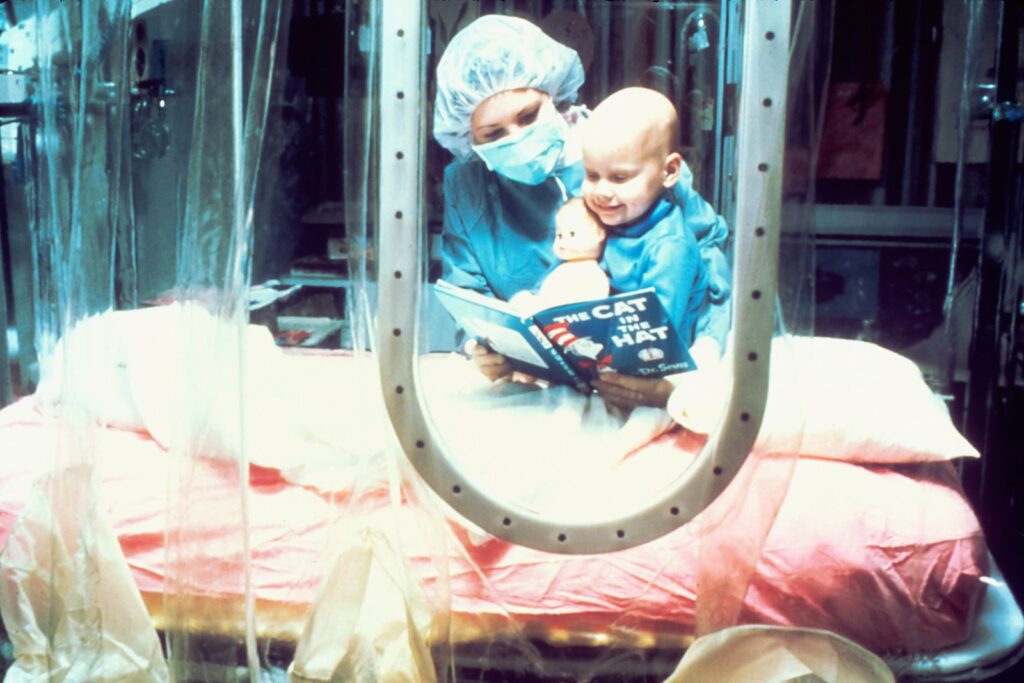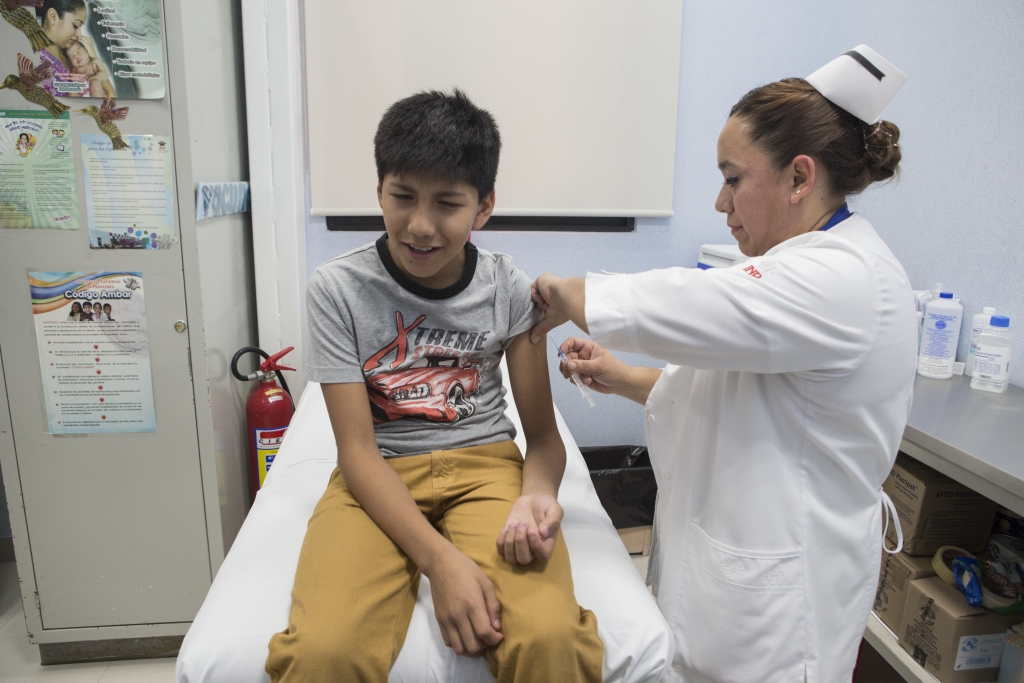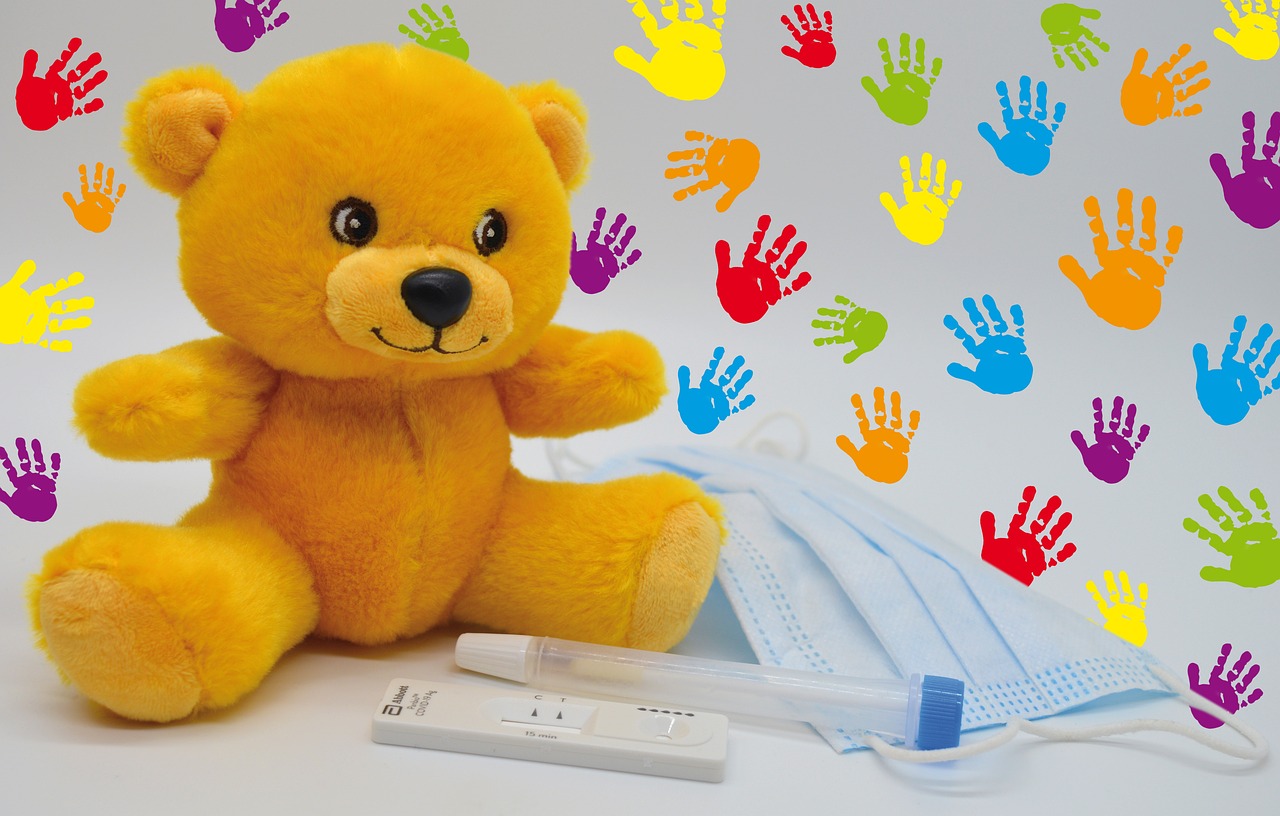Are you passionate about helping others, especially children? Do you want to make a difference in the lives of young patients and their families? If so, becoming a pediatric nurse might be your perfect career path.
In this article, I will guide you through how to be a pediatric nurse, providing you with all the necessary information and insights to embark on this rewarding journey.
Being a pediatric nurse means being there for children during their most vulnerable moments – providing them compassionate care, comfort, and support. You are a trusted healthcare professional; you will monitor their health, administer treatments, and educate parents on the best care for their little ones.
To start your journey toward becoming a pediatric nurse, it is important to understand the skills and traits essential in this field. Also, we will discuss the educational pathway needed to obtain your nursing degree and licensure and explore pediatric career prospects.
So if you have always dreamed of positively impacting children’s lives through healthcare, read on to discover everything you need to know about becoming a pediatric nurse.
Understanding the Role
To truly thrive as a pediatric nurse, it is important to understand the role you play in providing comprehensive care and creating connections with children and their families.

As a pediatric nurse, your responsibilities will include recording patients’ medical histories, assisting with well-child exams, administering immunizations, treating illnesses in children, and educating parents about best practices for their child’s health.
You must speak and engage with kids on their level, using a soothing voice or distractions to calm young patients. Your background in child development will be valuable as you adjust your approach and healthcare plans to meet each child’s unique needs.
Pediatric nursing offers various specialties such as oncology, where you can help patients and families battling childhood cancer, or the pediatric intensive care unit (PICU), providing care for critically ill or severely injured young patients.
Required Skills and Traits Of A Pediatric Nurse
To become an exceptional pediatric nurse, it’s essential to cultivate your skills and adopt qualities like empathy, effective communication, and critical thinking.
Being a pediatric nurse gives you the opportunity to positively impact the lives of children and their families.

Find below some critical skills and traits that I think are essential for success in this role:
- Compassion: You will be working with children who may be scared or in pain, so showing empathy and understanding is essential.
- Communication: Being able to communicate with both children and their parents effectively is crucial. You must be able to explain medical procedures in a way that is easy for them to understand.
- Critical-thinking: Pediatric nursing requires quick thinking and problem-solving skills. You must be able to assess a child’s condition and determine the best course of action.
With the acquisition of these essential skills and the adoption of these admirable qualities, you will undoubtedly possess all the necessary tools needed to embark on a rewarding journey toward becoming a successful pediatric nurse.
Educational Pathway to being a pediatric nurse

Embarking on the educational pathway to becoming a pediatric nurse opens the door to a world of knowledge and opportunities in caring for children’s health and well-being. To start, you must obtain either an Associate Degree in Nursing (ADN) or a Bachelor of Science in Nursing (BSN).
The ADN program generally takes two to three years, while the BSN program typically lasts four years. Keep in mind that many employers prefer candidates with a BSN degree.
After completing your nursing degree, you’ll need to pass the National Council Licensure Examination (NCLEX-RN) and become a Registered Nurse (RN).
Gaining at least two years of experience as an RN is highly recommended before specializing in pediatrics.
Finally, consider obtaining certification from the Pediatric Nursing Certification Board (PNCB) to enhance your skills further and demonstrate your expertise in pediatric nursing.
This educational pathway will equip you with the foundation to provide comprehensive care for children throughout their development.
Licensure and Certification For Pediatric Nurse
Becoming a licensed and certified pediatric nurse allows you to provide comprehensive care for the health and well-being of children. Through obtaining an RN license, you are able to demonstrate your commitment to maintaining the highest nursing standards.

Licensure verifies that you have met the educational requirements and successfully passed the necessary exams, granting you the legal authority to practice pediatric nursing.
Certification in pediatric nursing further enhances your expertise and demonstrates your dedication to specialized knowledge. It shows potential employers that you have gone above and beyond to acquire additional skills in caring for children. Certification also offers career advancement opportunities and may even lead to higher salaries.
Career Prospects For A Pediatric Nurse
Career prospects in pediatric nursing are promising, with job opportunities projected to grow by 6% from 2021 to 2031. This growth opens up a world of possibilities for those interested in pursuing a career in this field. As a pediatric nurse, you will be able to provide comprehensive healthcare to children and play a crucial role in their development and well-being.
Your responsibilities as a pediatric nurse will include recording patients’ medical histories, assisting with well-child exams, administering immunizations, treating illnesses in children, and educating parents about best practices for their child’s health.
These tasks require strong communication skills and the ability to engage with kids on their level. You must also use soothing techniques to calm young patients and adjust your approach based on each child’s unique needs. These skills will be invaluable in providing the best possible care to your patients.
One of the significant advantages of a career in pediatric nursing is the opportunity to specialize in a specific area. Specialties like oncology, pediatric intensive care units (PICU), and rehabilitation are available within pediatric nursing. This allows you to choose an area that aligns with your passion for serving others and making a difference in the lives of children.
Are you interested in a profession that involves working with children and making a positive impact on their lives? If so, consider a career in pediatric nursing. This choice can lead to personal satisfaction and professional development.

Day-to-Day Duties Of A Pediatric Nurse
On a typical day, pediatric nurses are responsible for providing comprehensive healthcare to children and ensuring their overall well-being. You will have a range of day-to-day duties that focus on meeting the unique needs of children.
I listed below five key responsibilities you can expect:
- Recording patients’ medical histories: You will gather important information about each child’s health background to inform their care.
- Assisting with well-child exams: You’ll help conduct routine check-ups and assessments to monitor growth and development.
- Administering immunizations: Ensuring children receive necessary vaccinations is an essential part of your role in preventing illness.
- Treating illness in children: You’ll provide appropriate care and treatment for minor ailments to more serious conditions.
- Educating parents about best practices for child’s health: Sharing knowledge and guidance with parents is crucial for promoting healthy habits at home.
With your expertise in pediatric nursing, you’ll positively impact young patients’ lives every day.
Conclusion
As you embark on your journey to become a pediatric nurse, remember that you are not just entering a career but a world of compassion and healing. Your role as a pediatric nurse symbolizes the beacon of hope for young patients and their families.
With your skills and traits, you will be the gentle touch that eases their fears, the guiding voice that provides comfort, and the knowledgeable advocate who ensures their well-being.
You will gain the expertise needed to make a difference in children’s lives through your educational pathway, licensure, and certification.
As you step into this rewarding profession, envision yourself as a guardian angel bringing smiles and laughter to little faces daily.
FAQs
What high school courses are needed to become a pediatric nurse in Canada?
To become a pediatric nurse in Canada, you must first become a registered nurse (RN). During high school, it is recommended that you take classes related to higher-level sciences and mathematics. Courses that can help you qualify for admission into a college nursing program might include pre-calculus, physics, biology, chemistry, or statistics.
After high school, you can enroll in and graduate from an accredited nursing program to obtain a diploma or bachelor’s degree in nursing. Once you become an RN, you can then pursue pediatric studies through programs offered by your hospital, which qualifies you to work as a full-time pediatric nurse.
How do I become a pediatric nurse in Canada?
The steps you can take to become a pediatric nurse in Canada:
- Take relevant high school courses: Take classes related to higher-level sciences and mathematics during high school. Courses that can help you qualify for admission into a college nursing program might include pre-calculus, physics, biology, chemistry, or statistics.
- Graduate with a degree in nursing: To become a pediatric nurse, you must first be a registered nurse (RN). The first step to becoming an RN is to enroll in and graduate from an accredited nursing program to obtain a diploma or bachelor’s degree in nursing.
- Pursue pediatric studies: Once you become an RN, you can pursue pediatric studies through programs offered by your hospital, qualifying you to work as a full-time pediatric nurse.
How long does it take to become a nurse UK?
In the UK, nursing education and training programs are only run at approved educational institutions (AEIs) based in health and social care settings. Nursing education courses usually take a minimum of three years to complete.
How do I become a registered nurse in NYC?
To become a Registered Nurse (RN) in New York, you must meet the following requirements:
- Be at least 18 years old
- Be of good moral character
- Graduate from a nursing education program acceptable to the New York State Education Department (NYSED)
- Complete infection control and child abuse reporting coursework
- Pass the NCLEX-RN exam
- Apply for an RN license with NYSED 1
The nursing education program can be a diploma or degree program that is at least two years in length. A bachelor of science degree from an accredited university that lasted a minimum of 4 years is required by most nursing programs.
